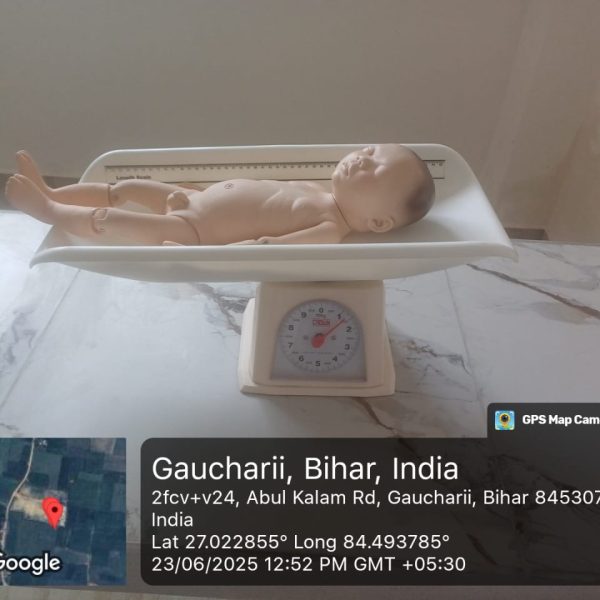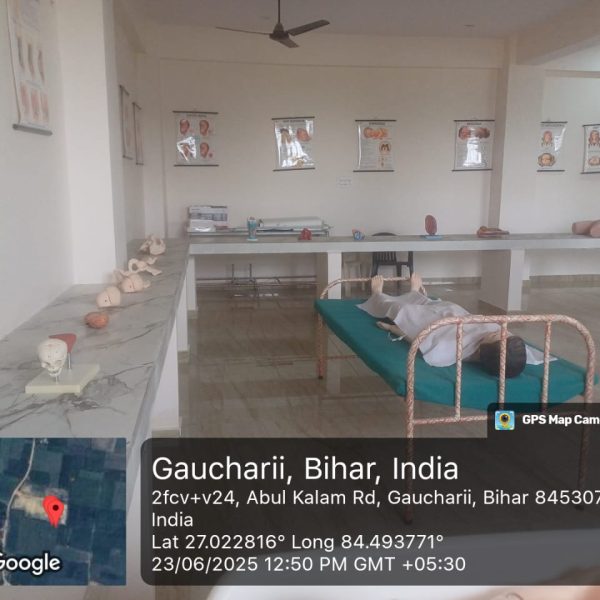





The purpose of an OBG (Obstetrics and Gynecology) lab in a nursing college is to provide students with practical training and hands-on experience in dealing with aspects related to pregnancy, childbirth, and women’s reproductive health. OBG labs are essential components of nursing education, especially for those pursuing careers in women’s health or maternity care.
Here are some key purposes of an OBG lab in a nursing college:
Clinical Skills Development: OBG labs allow nursing students to practice and enhance their clinical skills, including conducting obstetric and gynecological examinations, learning about different procedures, and gaining proficiency in handling medical equipment specific to this field.
Prenatal Care Training: Nursing students can learn about prenatal care, including antenatal checkups, monitoring fetal development, and educating expectant mothers about pregnancy health and preparation for childbirth.
Labor and Delivery Simulations: OBG labs often have simulation facilities where students can practice various aspects of labor and delivery, such as assisting in normal deliveries and handling complications that may arise during childbirth.
Postpartum Care: Nursing students can learn about postpartum care for both the mother and newborn, including assessments, breastfeeding support, and monitoring for any post-delivery complications.
Gynecological Procedures: OBG labs provide a controlled environment for students to learn and practice various gynecological procedures, such as Pap smears, pelvic examinations, and family planning counseling.
Understanding Women’s Health Issues: Students can gain a deeper understanding of common women’s health issues, such as menstrual disorders, reproductive health conditions, and menopause management.
Emphasis on Compassion and Communication: OBG labs help in developing essential qualities in nursing students, such as compassion, sensitivity, and effective communication, especially when dealing with female patients and their families during vulnerable moments.
Interprofessional Training: OBG labs may facilitate interprofessional training, allowing nursing students to collaborate with students from other healthcare disciplines, such as medicine and midwifery, to enhance teamwork and patient care.
By providing a simulated learning environment, nursing students can gradually build confidence and competence in handling real-life scenarios they will encounter once they become healthcare professionals in the field of Obstetrics and Gynecology.
The purpose of a pediatric lab is to provide a specialized and child-friendly facility for performing diagnostic tests, examinations, and procedures on infants, children, and adolescents. Pediatric labs play a crucial role in pediatric healthcare and are designed to meet the unique needs of young patients. The main objectives and purposes of a pediatric lab include
